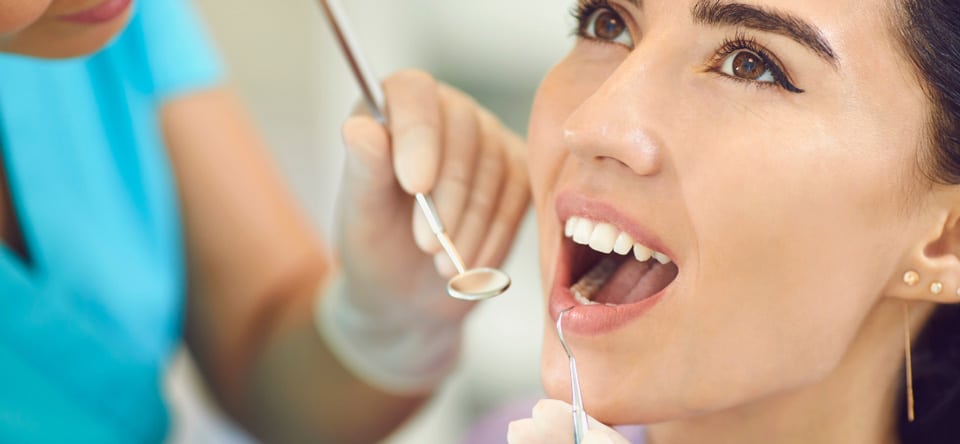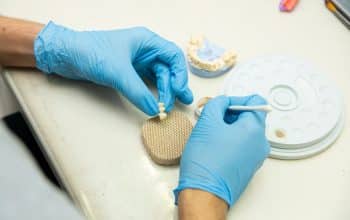SELECT THE WORDS & LEVEL
Dental health is an integral part of overall well-being, yet myths and misconceptions often surround the practices and beliefs related to oral care. In this article, we aim to debunk some of the common dental myths that persist, shedding light on the truth behind these misconceptions.
Myth 1: Sugar is the Sole Culprit for Tooth Decay
One prevalent myth is that sugar alone is responsible for tooth decay. While excessive sugar intake does contribute to cavities, it’s essential to recognize the role of oral hygiene practices and overall diet in maintaining dental health. Exploring the connection between various factors and tooth decay can help dispel this oversimplified belief.
Myth 2: Brushing Harder Equals Cleaner Teeth
Many people believe that the harder you brush, the cleaner your teeth will be. However, aggressive brushing can lead to enamel erosion and gum recession. We’ll delve into the proper brushing techniques and the importance of using a soft-bristled toothbrush to maintain optimal oral health.
Myth 3: You Only Need to See the Dentist When You Have Pain
Waiting until you experience dental pain to visit the peoria orthodontist is a common misconception. Regular dental check-ups are crucial for preventing oral issues and detecting problems early on. We’ll explore the significance of preventive dental care and its role in maintaining a healthy smile.
Myth 4: Chewing Gum is Harmful to Your Teeth
Contrary to popular belief, chewing sugar-free gum can actually be beneficial for your oral health. We’ll explore how chewing gum stimulates saliva production, helping to neutralize acids, clean the mouth, and strengthen teeth. Of course, not all gums are created equal, so we’ll discuss the best options for maintaining dental health.
Myth 5: Baby Teeth Don’t Require Proper Care
Some individuals believe that since baby teeth eventually fall out, they don’t require the same level of care as permanent teeth. This misconception can lead to early childhood cavities and other oral health issues. We’ll emphasize the importance of early dental care for children and its long-term impact on their adult teeth.
Myth 6: Mouthwash Alone is Sufficient for Oral Hygiene
While mouthwash is a valuable addition to an oral hygiene routine, it’s not a substitute for brushing and flossing. We’ll discuss the role of mouthwash in a comprehensive dental care plan and emphasize the importance of combining it with proper brushing and flossing techniques.
Myth 7: If Your Gums Bleed, You Should Avoid Flossing
Some people believe that if their gums bleed while flossing, they should avoid it altogether. In reality, bleeding gums are often a sign of gingivitis or gum disease, and proper flossing can help improve gum health. We’ll provide insights into the causes of bleeding gums and the right approach to incorporating flossing into your oral care routine.
Myth 8: Whitening Toothpaste Can Replace Professional Teeth Whitening
The belief that using whitening toothpaste alone can achieve the same results as professional teeth whitening is a common misconception. We’ll explore the differences between over-the-counter whitening products and professional treatments, helping readers make informed decisions about achieving a brighter smile.
Myth 9: All Toothpaste Brands Are Essentially the Same
With an overwhelming array of toothpaste options on the market, some individuals believe that all brands are essentially the same. We’ll debunk this myth by highlighting the varying formulations and ingredients that cater to specific dental needs. Understanding these differences can help individuals choose the most suitable toothpaste for their oral health requirements.
Myth 10: Dental Health Is Separate from Overall Health
Lastly, the misconception that dental health is isolated from overall health persists. We’ll discuss the interconnectedness of oral health and its impact on systemic health, exploring the links between gum disease and conditions such as diabetes, cardiovascular disease, and respiratory issues.
Conclusion:
Dispelling common dental myths is crucial for fostering better oral health practices. By understanding the truth behind these misconceptions, individuals can make informed decisions about their dental care, leading to healthier smiles and overall well-being. Regular dental check-ups, proper oral hygiene routines, and a well-balanced diet are essential components of maintaining optimal dental health throughout life.




